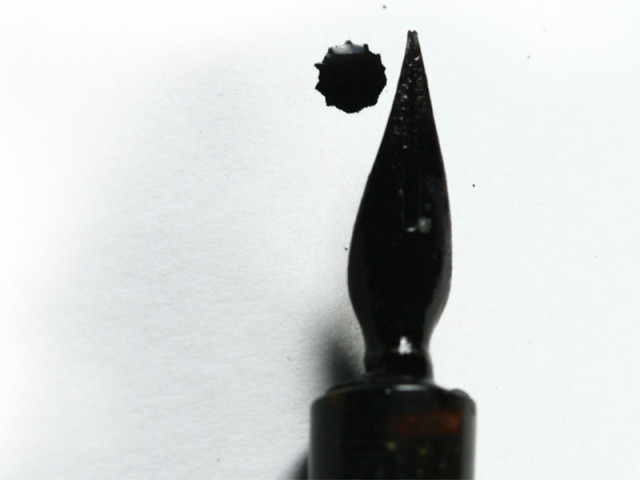Great loss: Fifth death anniversary of Pareshan Khattak passes in silence
The scholar is known for his contributions to both Urdu and Pashto literature.

The scholar is known for his contributions to both Urdu and Pashto literature. DESIGN: CREATIVE COMMONS
The fifth death anniversary of renowned Pashto poet and writer, Professor Pareshan Khattak, passed in silence on Wednesday, without any public events held to mark his contributions to literature and language.
A recipient of two of the country’s most prestigious awards – Tamgha-i-Imtiaz and Sitara-i-Imtiaz – Khattak was revered for his contributions to both Urdu and Pashto literature.
He was one of the first local scholars to study the Pukhtun people and provide an insight into their history in his book titled Pashtun Kaun. Before him, most mainstream Pukhtun narratives were told by Western authors.

Born in 1932 in Karak district with the name Ghamay Jan, Khattak started his career as a lexicographer (one who works on dictionaries) at the University of Peshawar in 1957. Later in his career he was awarded various senior positions, such as vice-chancellor of Gomal University DI Khan, chairman of the University Grants Committee, vice-chancellor of the Azad Jammu and Kashmir University, chairman of the Academy of Letters and director of the Pashto Academy at the University of Peshawar.
During an interview with an English newspaper in 2007, Khattak was asked about the dismal state of education in Pakistan.
“I must say that we have not been serious about our education policy,” he said, adding that in Pakistan, unlike civil servants, military men and policemen, teachers enter the profession without any training. “We must keep in mind that education is the most important field.”
Khattak obtained a Master’s degree in History because Pashto was not considered an academic field of study at the time. “I have proved that Pakhto is not only a literary and educational language but a complete civilization,” Khattak was quoted as saying in Hamish Khalil’s book Pukhtana lekwal (Pukhtun writers).
While in an interview with Khurman, an annual publication of Agricultural University, Peshawar, he said: “Pashto is my soul, I am at peace while studying and writing this language.”
He began his literary career from poetry which evolved from romance to more serious subject matter. Later his intellectual focus shifted towards ethnology, linguistics, literary criticism and history. He authored dozens of books and penned hundreds of research articles in national and international publications. Providing an insightful reference for Urdu language readers, he wrote a book in Urdu about the customs and traditions of tribesmen.
Khattak’s work is celebrated outside Pakistan as well. His books Pukhtana Kochay, Dozakhi Pakhto, Drana Pukhtana, Khyber, Iteraff, and Aziza Meena are well-known in Afghanistan too.
Professor Khattak died of heart failure in 2009 and was buried in Hayatabad.
Published in The Express Tribune, April 17th, 2014.













COMMENTS
Comments are moderated and generally will be posted if they are on-topic and not abusive.
For more information, please see our Comments FAQ